Last Updated on 2023-05-05 , 10:08 pm
We’ve been too caught up in local dramas lately—from the sugaresque plagiarism saga to Guo Lai’s controversies.
Let’s bring your attention back to some pressing global affairs. For one, the Sudan Crisis. If you haven’t heard of it, this is a sign to read more news instead of spending all your time reading the sugaresque Google Doc.
Burhan, Hemedti, Bashir and the 2019 Sudanese Coup
To get started, you need to know two key people here. General Abdel Fattah al-Burhan and General Mohamed Hamdan Dagalo, otherwise known as Hemedti.
Burhan commands the loyalty of the Sudanese Armed Forces and is the de facto ruler of Sudan—meaning, on paper, although he’s not exactly Sudan’s ruler, in substance, he is.
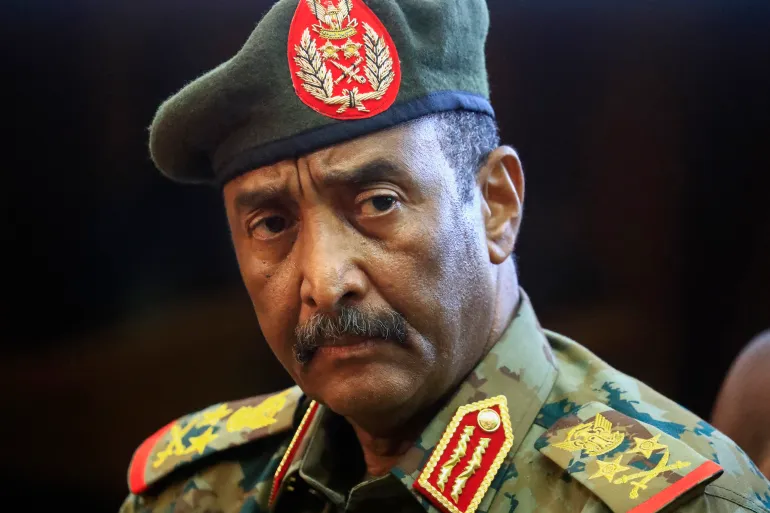
On the other hand, Hemedti commands the loyalty of the Rapid Support Forces (RSF), a second army not part of the Sudanese Armed Forces.
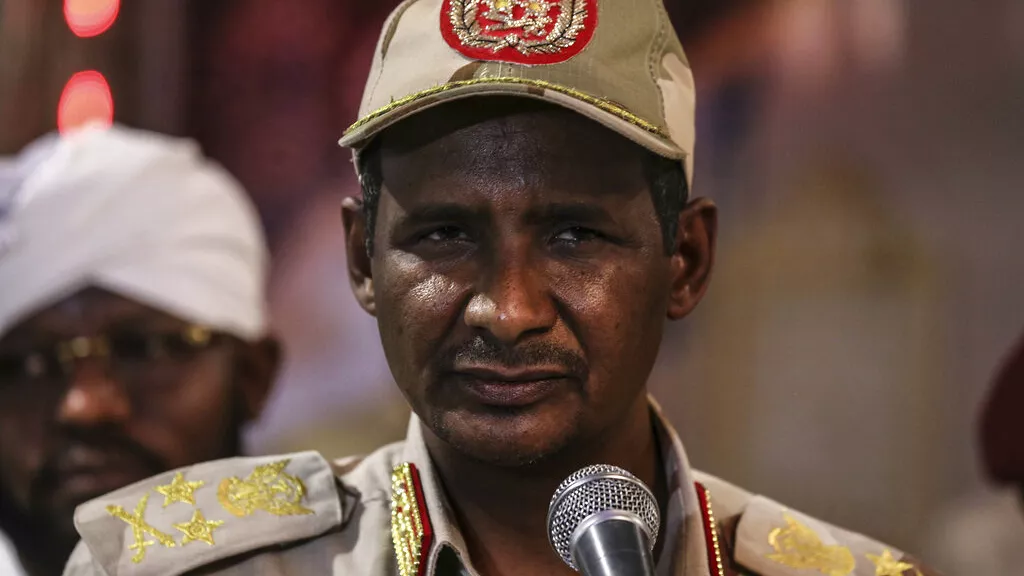
Please don’t get the RSF mixed up with Singapore’s RSAF now.
At this point, you might see why Burhan and Hemedti would be buey song with each other—they each command their own military faction. However, it wasn’t always the case that they were rivals. Burhan and Hemedti used to be kakis before their power struggle commenced.

Back in the 2000s, while you were listening to Spice Girls or trying to get the perfect ripped jeans, a rebellion was brewing in Sudan. Specifically, the marginalisation of locals in Darfur’s region culminated in an uprising against the Sudanese central government in 2003.
This was when the RSF, or Janjaweed as it was known back then, was founded by Sudan’s then-dictator, Omar al-Bashir, to suppress the rebellion in Darfur.
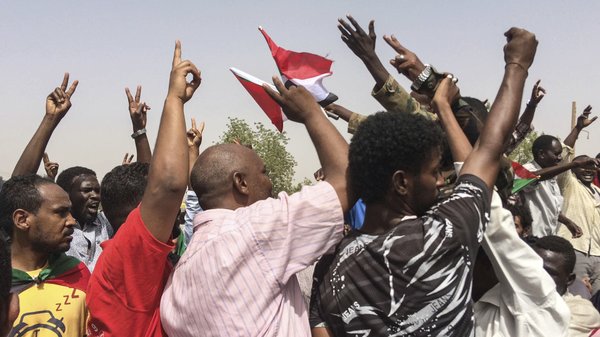
Unfortunately, the violent quashing of the rebellion by the Janjaweed claimed the lives of 300,000 civilians and displaced millions. It’s no wonder that today, this conflict earned its label of the “Darfur Genocide”.
In 2013, Janjaweed was rebranded to become the RSF we know today. Hemedti also climbed the ranks in the RSF and eventually became the RSF’s leader.
Fast forward to 2019, when civil unrest started brewing again. This time, it was in Sudan’s capital, Khartoum, and it was because people were unhappy with the Sudanese central government’s management of the nation’s economic problems.
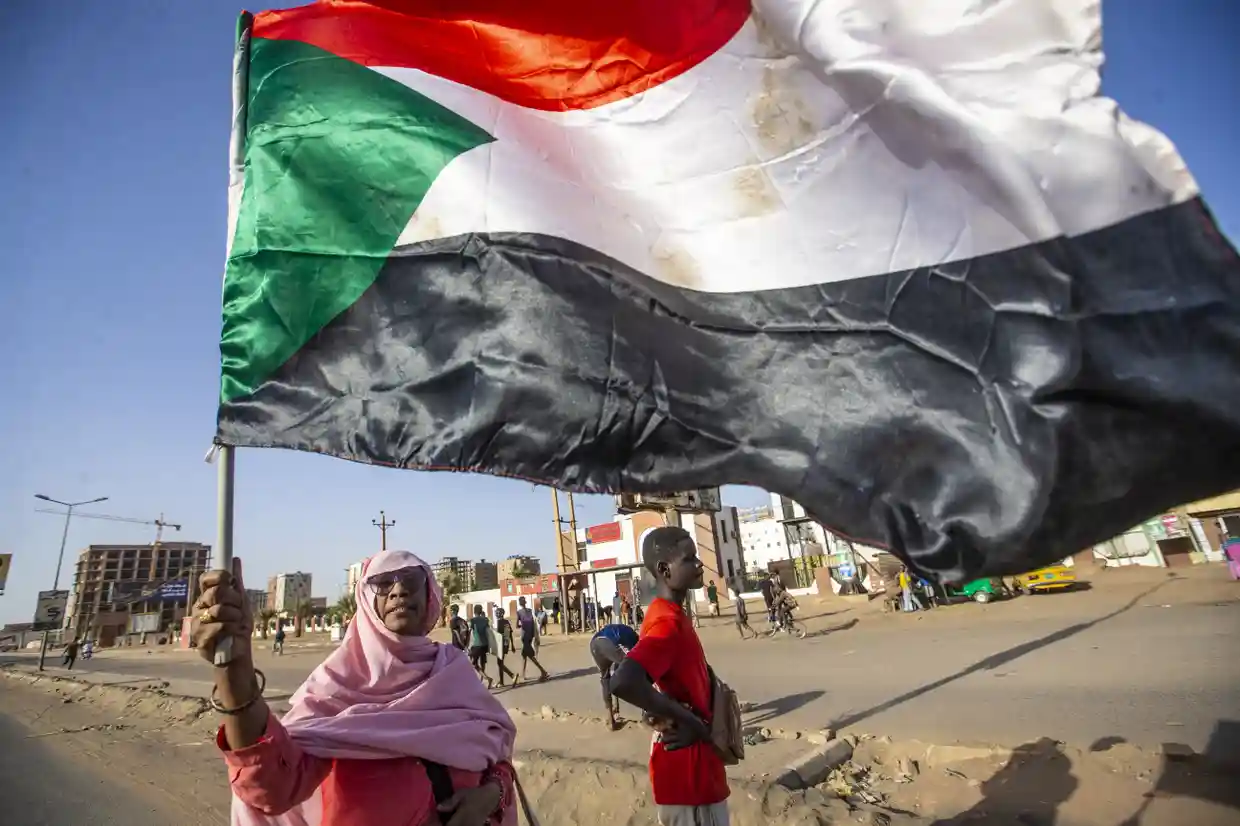
The protests lasted for months until a fateful day in April 2019, when the rule of Omar al-Bashir, which lasted for three decades, finally saw its end.
And guess who was in on it?
That’s right, Burhan and Hemedti. This was despite Bashir and Hemedti being quite the kakis. Throughout the years, Bashir frequently relied on Hemedti to stamp out opposition, and he even gave Hemedti free rein over gold mines in Darfur.
Regardless, in a “Top 10 Anime Betrayals”-esque move, Hemedti turned his back on Bashir and, together with the Sudanese Armed Forces, took part in ousting the dictator. Our two main characters, Hemedti and Burhan, have now joined up.
Burhan and Hemedti: From Friend to Foe
A few months after the 2019 coup, the two generals agreed with civilian protestors to share power and form a civilian-led government. Yet, there was a catch. Burhan would be at the top of this government, and Hemedti would be Burhan’s deputy.
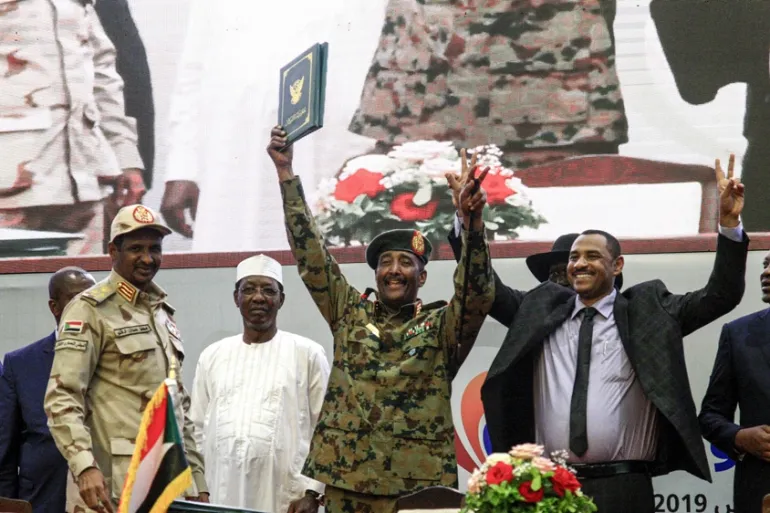
Anyway, the post-coup civilian government only lasted for two years. Even a Tinder or Bumble relationship could last longer.
In October 2021, the military launched a coup and essentially kicked the civilians out of the government. Now, the guns were back in charge, and Burhan was at the top of it all with Hemedti as his deputy once again.
Join our Telegram channel for more entertaining and informative articles at https://t.me/goodyfeedsg or follow us on Twitter : https://twitter.com/goodyfeed
It appears that Burhan and Hemedti were kakis, so to speak. What exactly happened to make the two generals rivals?
At the heart of it is a power struggle between the two generals. Burhan wants to be number one, but Hemedti also wants to be number one. Unfortunately, there’s only room for one at the top.
The two generals’ rivalry manifested mainly in the timetable for Sudan’s security sector reform, which is the timeline to integrate Hemedti’s RSF into Burhan’s Sudanese Armed Forces. While Burhan wants it done in two years, Hemedti proposed ten years.
In the middle of April this year, tensions finally boiled over, and the rival military factions led by the two generals broke out into violence. This sparked the present Sudan Crisis.
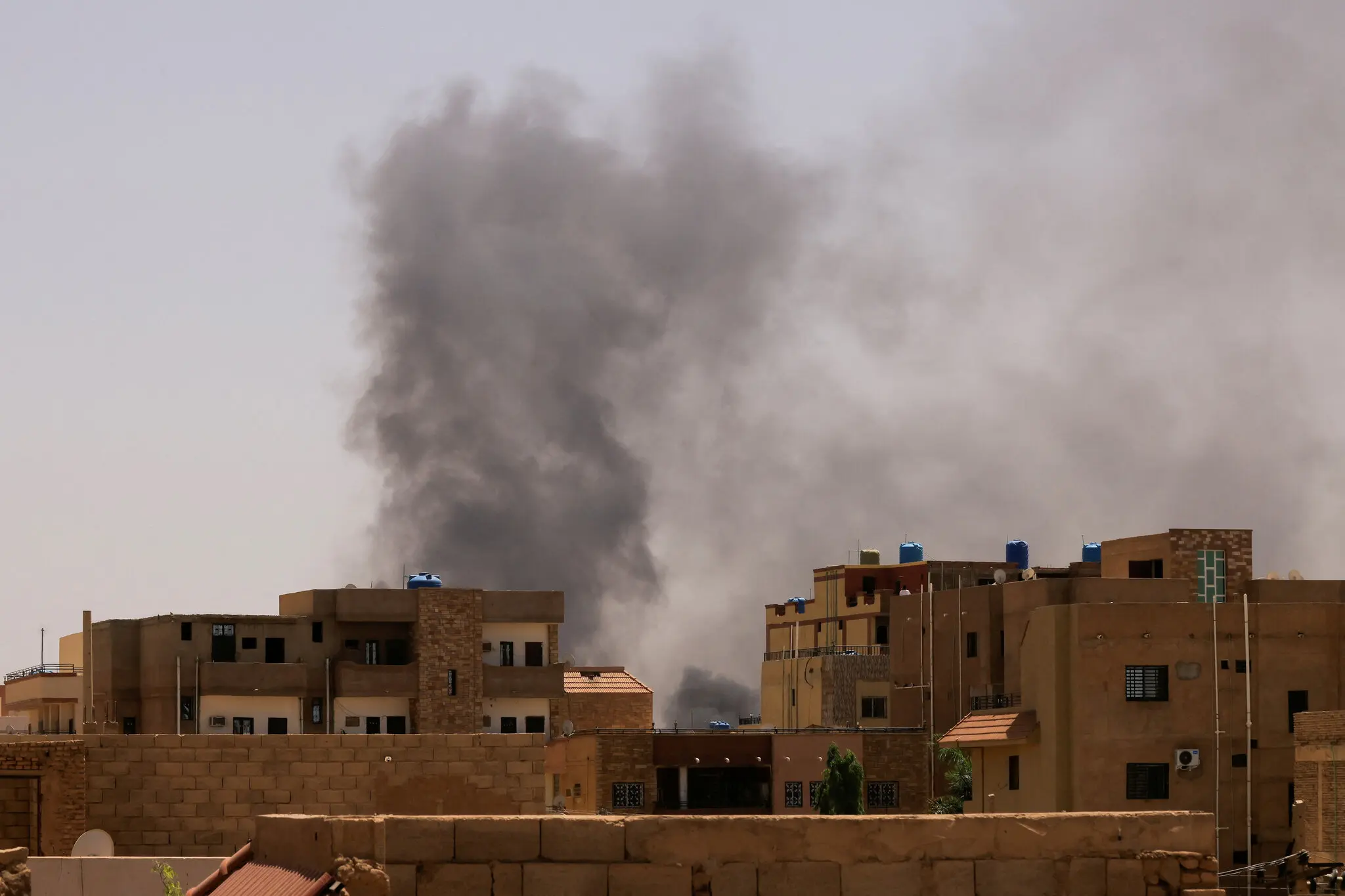
Since tensions boiled over, hundreds of people have already been killed, with thousands more injured. Many have also been forced to flee Sudan, with thousands trying to leave from Sudan’s southern border.
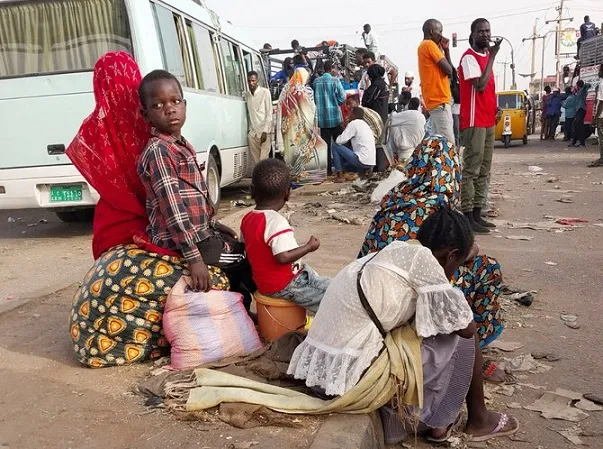
Currently, millions are still stranded in Sudan’s capital.
Grappling for Control: The Presidential Palace, Khartoum International Airport and the State TV
Since the intense clashes erupted between the two military factions, explosions and gunfire have become familiar to many Sudanese. Although the conflict has only begun, Hemedti claims several of Khartoum’s official sites are already under his belt.
The presidential palace, the Khartoum international airport, and even Sudan’s state TV are among these official sites. The RSF also claimed to have taken control of the Merowe military base in northern Sudan.
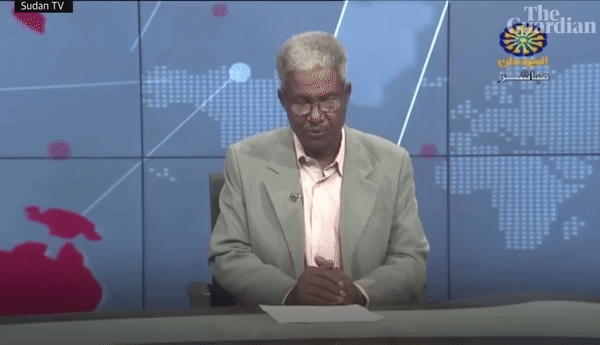
Apparently, the RSF had taken control of the state TV broadcast and used the radio networks to broadcast what was essentially RSF propaganda.
However, Burhan denies Hemedti’s claims and asserts that control over government sites is still in his hands.
Heads or tails—it’s one or the other.
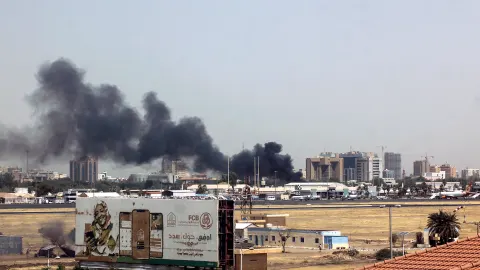
According to the World Health Organisation, medical facilities have also taken a massive hit due to this battle for control. There is insufficient medical personnel. Water and power cuts and fuel shortages are also posing stumbling blocks in the operation of hospitals and other medical facilities.
It is estimated that almost a quarter of the lives lost in the Sudan Crisis so far could have been saved if access to these medical facilities were still available.
International Calls for Ceasefire
As you would expect, alongside the United Nations (UN), countries worldwide have called for a ceasefire in Sudan and for the violence to be curbed. This includes the three musketeers—the US, Russia and China.
The US is urging the two generals to “take active steps to reduce tensions”, and Russia similarly called on the two generals to “take steps toward a ceasefire immediately”. China shared that it was “closely monitoring” this conflict.
There seems to be a joint condemnation of the two generals for allowing their personal rivalries to escalate to such a scale of violence. All this is at the cost of the lives of the Sudanese people.
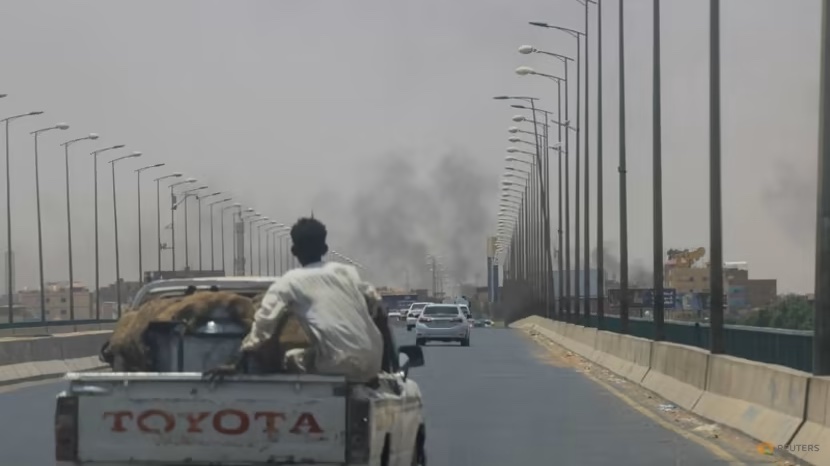
Regardless, Burhan and Hemedti have refused to concede, and clashes between the two military factions are only becoming more intense.
For now, hopes of ending the conflict seem more distant than ever.
Would you be jailed for being half-naked in public? Well, the answer will shock you. Seriously. Watch this to the end and you'll understand:



